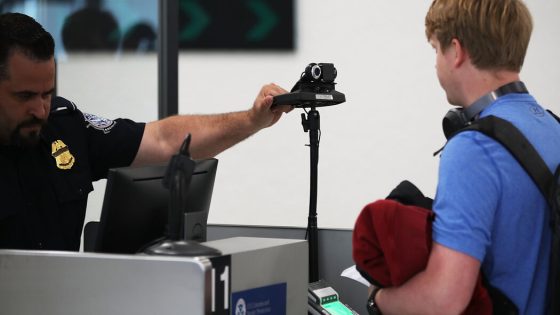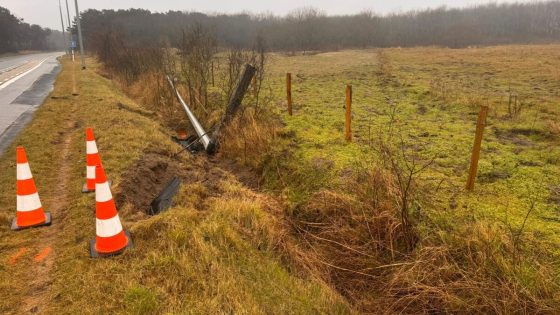In recent weeks, international visitors attempting to enter the united states have faced increased scrutiny at border checkpoints, resulting in deportations and extended detentions. A 28-year-old British woman was released after spending three weeks in a Washington State immigration detention center following her attempt to cross from Canada without the correct visa.
- International visitors face entry denials.
- British woman detained for three weeks.
- German tourists deported after unclear reasons.
- Concerns over U.S. border crossing experiences.
- Visa or ESTA required for entry.
This incident follows similar cases involving German tourists who were deported after being held for weeks in San Diego. Their experiences have raised concerns about the clarity of U.S. entry requirements for travelers from Europe, who traditionally enjoyed visa-free access.
The current situation at U.S. borders has become increasingly complex as international travelers face stricter entry requirements. Many citizens from European countries previously benefited from a visa waiver program allowing stays of up to 90 days without a visa. However, recent incidents suggest that this may be changing, with authorities more rigorously checking documentation at land crossings.
Key facts regarding entry into the United States include:
- Travelers must possess a valid passport not expiring within six months.
- A visa is typically required unless traveling from countries participating in the Electronic System for Travel Authorization (ESTA) program.
The experiences of those detained highlight potential confusion surrounding these regulations. Travelers are advised to ensure they understand their visa status before attempting to enter the country. Additionally, many individuals report feeling uninformed about why they were detained or what specific rules applied to their situations.
The increasing number of detentions and deportations among international visitors signals a shift in how U.S. border policies are enforced. As travelers navigate these changes, understanding entry requirements becomes crucial for ensuring smooth transitions across borders.

































